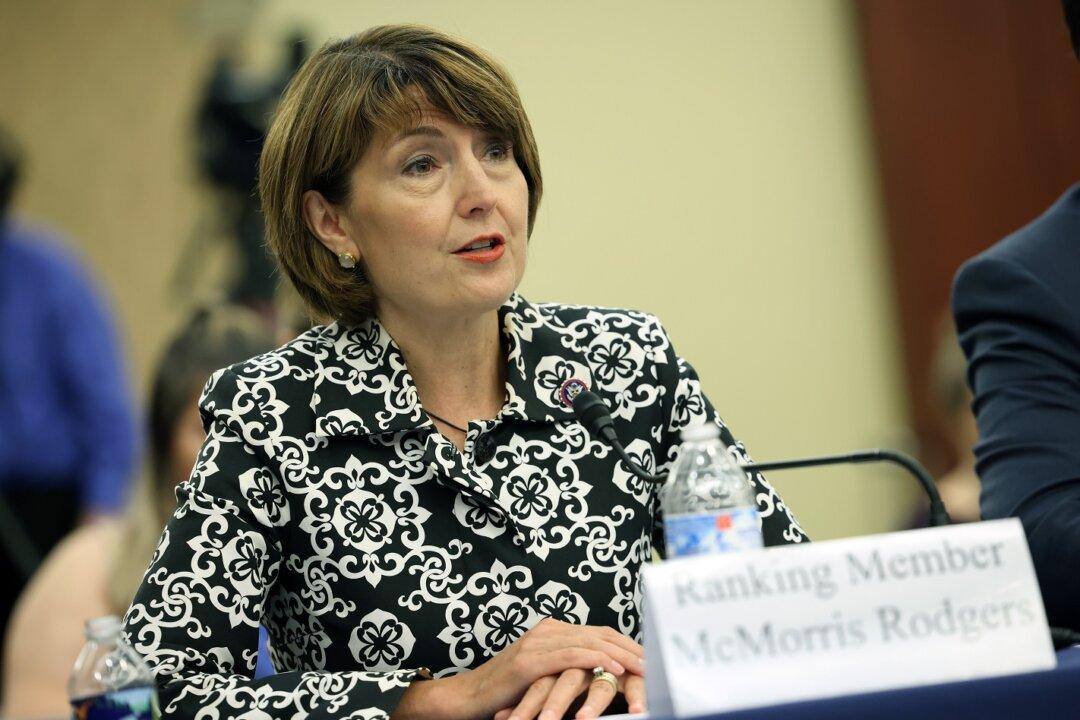When Congress returns after Labor Day, topping its agenda will be to complete work on 12 major spending bills before the end of the current fiscal year on Sept. 30 to avoid a government shutdown crisis for the fourth time since 2013, when President Barack Obama was in the Oval Office.
But those incomplete spending measures are only part of the unfinished budgeting business on the congressional agenda. There are also more than 1,100 federal spending programs and agencies worth an estimated $510 billion that Congress keeps funding, even though their authorizations expired many years ago.





